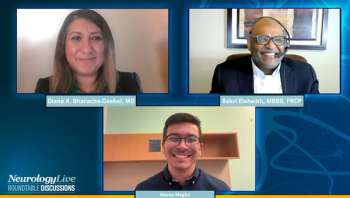
In this episode, neurologists unpack the urgent and complex treatment decisions in newly diagnosed SMA, highlighting clinical factors, family input, and the importance of shared decision-making.

In this episode, neurologists unpack the urgent and complex treatment decisions in newly diagnosed SMA, highlighting clinical factors, family input, and the importance of shared decision-making.

A 17-year-old with NMOSD and rituximab treatment developed PML after several relapses and secondary hypogammaglobulinemia, leading to his death 3 months after diagnosis.
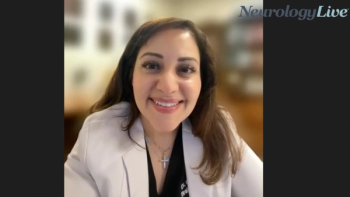
The medical director for the Center for Brain injuries at Hackensack Meridian Health provided recommendations for clinicians to consider in the rehabilitation of women with TBI. [WATCH TIME: 6 minutes]

The research portfolio director at the Muscular Dystrophy Association highlighted advances in gene-targeted therapies and biomarker development as potential key drivers of progress in ALS.

Theranica's FDA-cleared, drug-free migraine device gains expanded access, more than doubling coverage to 80 million Americans as young as 8 years old who are diagnosed with migraine.

Sunny Brous, a patient advocate living with ALS, shared how her decade-long journey with the disease shaped her mission to build connection, advocate for change, and empower the ALS community.

In episode 1, panelists explore the evolving SMA treatment landscape, highlighting updated best practices shaped by new therapies, newborn screening, and international expert consensus.

Baron, a neurologist and headache specialist at Cleveland Clinic, explained the significance, clinical data, and patient potential behind CT-132, the first FDA-approved digital therapeutic for migraine prevention.
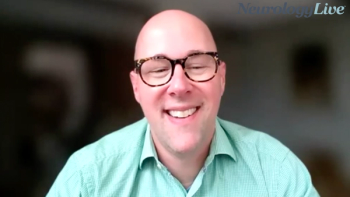
The professor of neurology at the University of Buffalo talked about the clinical promise of nipocalimab and its role in broadening treatment options for patients with myasthenia gravis, including adolescents. [WATCH TIME: 4 minutes]

Capricor Therapeutics reported that it remains on track for PDUFA target action date of August 31, 2025 and noted that advisory committee meeting is to be held in advance.
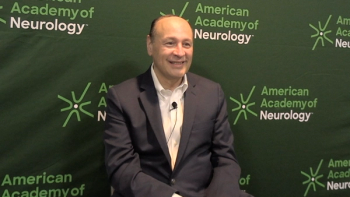
Pagan offered advice on how clinicians can effectively discuss treatment and care plans with patients, especially as new treatments continue to emerge.
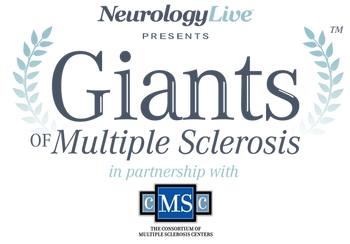
The award ceremony is supported by Viatris and will take place on Thursday, May 29, 2025, at the Phoenix Convention Center in Phoenix, Arizona, during the 2025 CMSC Annual Meeting.

New 24-month data further showed dose-dependent lowering of neurofilament light and trends on major end points such as cUHDRS, Total Function Capacity, and Symbol Digit Modalities Test.

Over a 4-week treatment period, daridorexant outperformed placebo on several subjective sleep and nocturia assessments, while maintaining a good safety and tolerability profile.
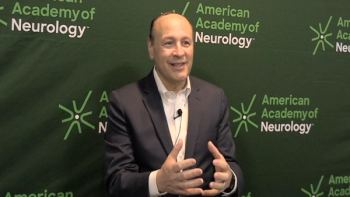
Pagan discussed unexpected findings from the InfusON study patient interviews that could influence how neurologists introduce CSAI therapy and how these insights, along with the latest data on MAO-B inhibitors, could shape future treatment combinations for Parkinson disease.

The expanded access program enables the collection of real-world data on the safety and efficacy of SPG302, which may support its clinical development for the treatment of amyotrophic lateral sclerosis.

Here's some of what is coming soon to NeurologyLive® this week.
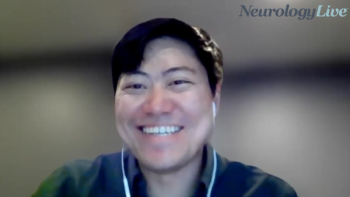
The research portfolio director at the Muscular Dystrophy Association talked about recent advances in ALS research highlight the promise of gene-targeted treatments and the increasing utility of biomarkers for diagnosis. [WATCH TIME: 3 minutes]
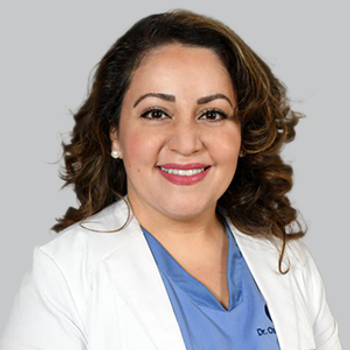
Christine Greiss, DO, medical director for the Center for Brain injuries at Hackensack Meridian Health, discussed the nuanced impact of hormonal fluctuations, psychological factors, and postmenopausal status on TBI recovery in women.

Test your neurology knowledge with NeurologyLive®'s weekly quiz series, featuring questions on a variety of clinical and historical neurology topics. This week's topic is on the Peripheral Nerve Society annual meeting.

A physician assistant specializing in Parkinson disease talked about how emerging technologies and proactive care models could transform the treatment landscape for Parkinson disease. [WATCH TIME: 4 minutes]

Nexalin plans to submit a Q-Submission to the FDA for its Gen-2 SYNC system, aiming to advance trials for Alzheimer disease, dementia, and mild cognitive impairment following positive internal data and FDA feedback.
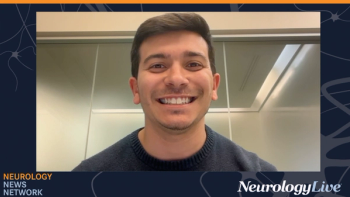
Neurology News Network. for the week ending May 3, 2025. [WATCH TIME: 3 minutes]

Take 5 minutes to catch up on NeurologyLive®'s highlights from the week ending May 2, 2025.

In this segment, Pagan discussed the benefits of using AI in research and clinical practice, while also highlighting key considerations and cautions for clinicians.
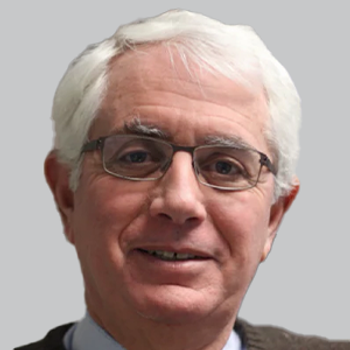
Jack P. Antel, MD, professor of neurology and neurosurgery at McGill University, reflected on key advances in neuroimmune research and their implications for understanding and treating MS.

In this segment, Pagan shared strategies to enhance patient adherence and comfort with long-term CSAI use, and offered his perspective on the evolving role of CSAI in managing complex motor fluctuations in Parkinson disease.

Mind Moments®, a podcast from NeurologyLive®, brings you an exclusive interview with Elizabeth Head, PhD. [LISTEN TIME: 20 minutes]

Moira Kapral, MD, MSc, reflects on her SEQUINS Hall of Fame recognition, the evolution of brain health equity, and her work addressing disparities in stroke care.
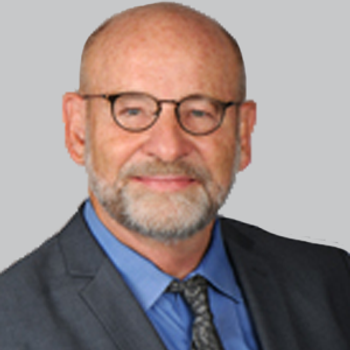
Robert J. Adams, MS, MD, reflects on his SEQUINS Hall of Fame recognition, his work on stroke prevention, and the importance of equity in brain health.